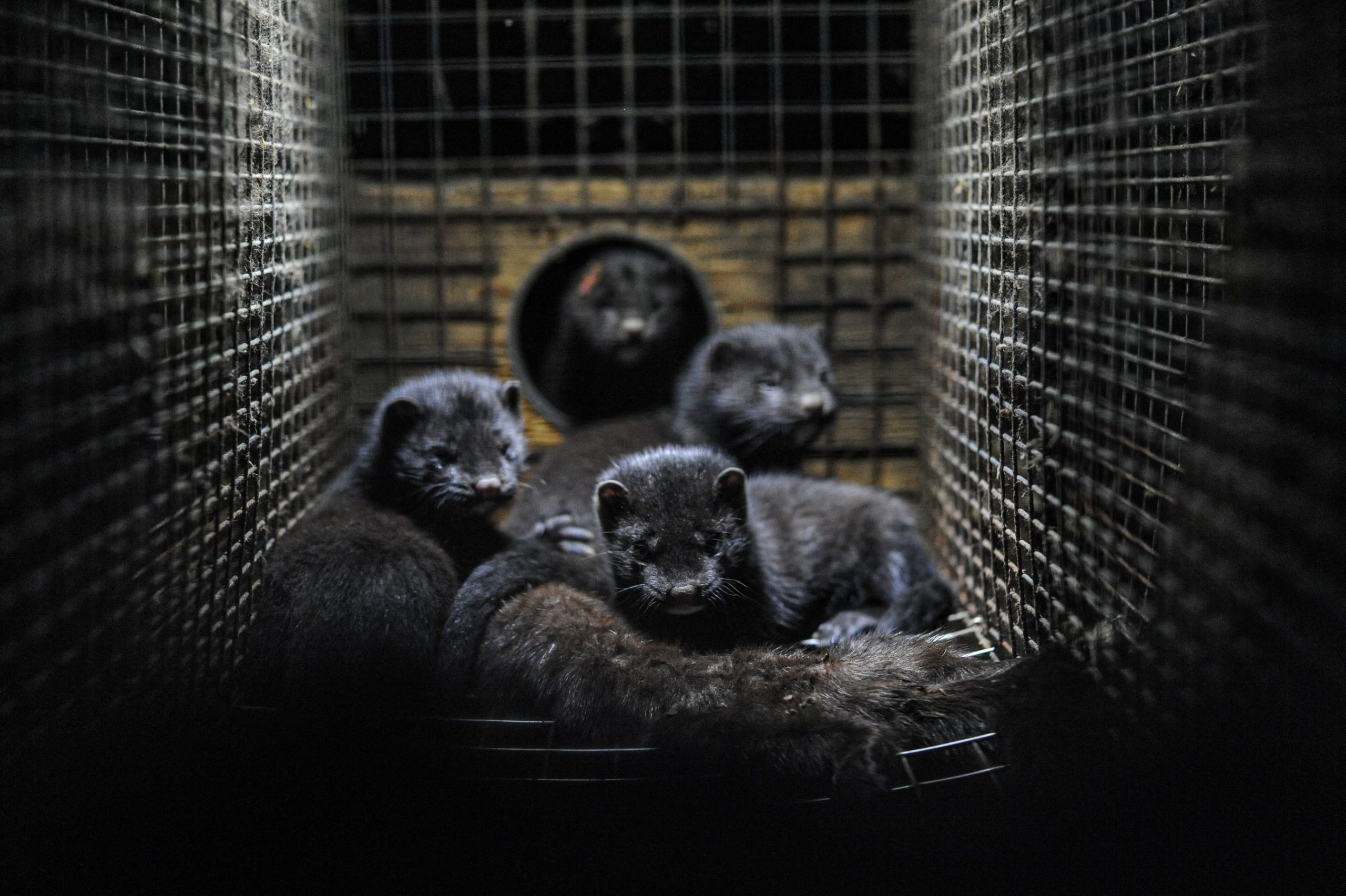
By Professor John Bryson
Department of Strategy and International Business, University of Birmingham
Life has always been uncertain. This uncertainty is partly about balancing the trade-offs and feedback loops that exist between the biological, the biographical and the environmental. These three processes and outcomes are interrelated. They highlight the importance of exploring the tensions between the ‘universal’ and the ‘particular’.
All human life, for example, is potentially exposed to the outcomes of climate change, but the experience will be different depending on the ability of an individual to shape their biography. Every human life is ‘particular’ in some way, but every individual must develop some way of balancing ‘universal’ impacts with the on-going evolution of their own biography. COVID-19 is an excellent example of the interrelationships between the universal and the particular as different people develop alternative approaches to coping with this crisis.
COVID-19 will be the first of many such global disruptions. The challenge is that we all have entered a new epoch which is best defined as Jenga Capitalism. This is my new concept that is developed in a book that will be published in 2021 under the title ‘A Research Agenda for Manufacturing Industries in the Global Economy’, which is part of the Research Agenda series published by Edward Elgar.
Jenga is a board game in which players take turns to remove one block at a time from a tower constructed of 54 wooden blocks. Each block that is removed is placed on the top of the structure and the structure becomes progressively less stable.
Globalisation has resulted in system convergence combined with enhanced connectivity between places. Enhanced connectivity means that disease anywhere has the potential to become disease everywhere. System convergence describes the increased interdependencies between systems which means that any disturbance to one system can disrupt all systems. The outcome of these two processes is Jenga Capitalism. Eventually, in a Jenga game removing one block and replacing it results in the complete collapse of the structure. A new version of COVID emerged late in 2019 and then spread rapidly across the planet. This is a classic example of the types of risks we all face in the new epoch of Jenga Capitalism.
COVID-19 is one moment in Jenga Capitalism. Other pandemics will follow given the increase in human population, combined with increased density, and place-based convergence. Thus, one element of this new Jenga Capitalism epoch will be that the twenty-first century will become known as the pandemic century. There have been many other indications of Jenga Capitalism. These include SARS in 2003, the Japanese earthquake of 2011 that disrupted production across the planet and the 2010 volcanic eruption of Eyjafjallajökull in Iceland. The latter disrupted air travel across western and northern Europe and across the Atlantic for six days.
COVID-19 is one outcome of Jenga Capitalism. It is an on-going challenge that is altering life chances, or biographies, across the globe. This crisis continues to evolve, but there has been a recent development that keeps me awake at night. This is the mink farm crisis and COVID-19.
In June 2020, Dutch politicians voted to shut down the country’s mink farms by the end of the year. There had been a series of COVID outbreaks resulting in the culling of thousands of animals. In the southern Netherland, between April and June, more than 1,500 mink were slaughtered across nine farms.
On 4 November, Denmark agreed to cull all the country’s minks as a mutated version of COVID-19 was detected in the country’s mink farms. This is a major risk to the human population across the world. COVID-19 has been transferred between humans and minks. It has then altered, and the mutated version transmitted back to humans. Denmark must cull between 15 and 17 million mink spread over 1,080 farms as soon as possible. This new version of COVID-19 was detected in 207 mink farms with confirmed cases of transmission back to humans.
We need to be extremely worried. If Denmark, and other countries farming mink, fail to control this spread then we could all be facing another new form of COVID. There are many dangers here. One is that the mutations might be more ‘effective’ viruses associated with enhanced mortality and morbidity. Another danger is that the vaccines under development might not be effective against these new forms of COVID.
There are two things to consider. First, there is no question that we are living through a period of Jenga Capitalism in which convergence and enhanced connectively expose all living on this planet to new risks. Many of these new risks result in death and long-term illness. Second, the growth in the human population has led to increased density and this includes more contact with wildlife. More contact with wildlife means more opportunities for disease transmission and disease mutations.
Now is the time to develop a discussion regarding these new risks that are related to Jenga Capitalism. This must include a discussion of the controls that need to be developed to present systemic failures linked to converged systems and the spread of disease between people and wildlife and between nation-to-nation.
The views and opinions expressed in this article are those of the author and do not necessarily reflect the official policy or position of the University of Birmingham.
